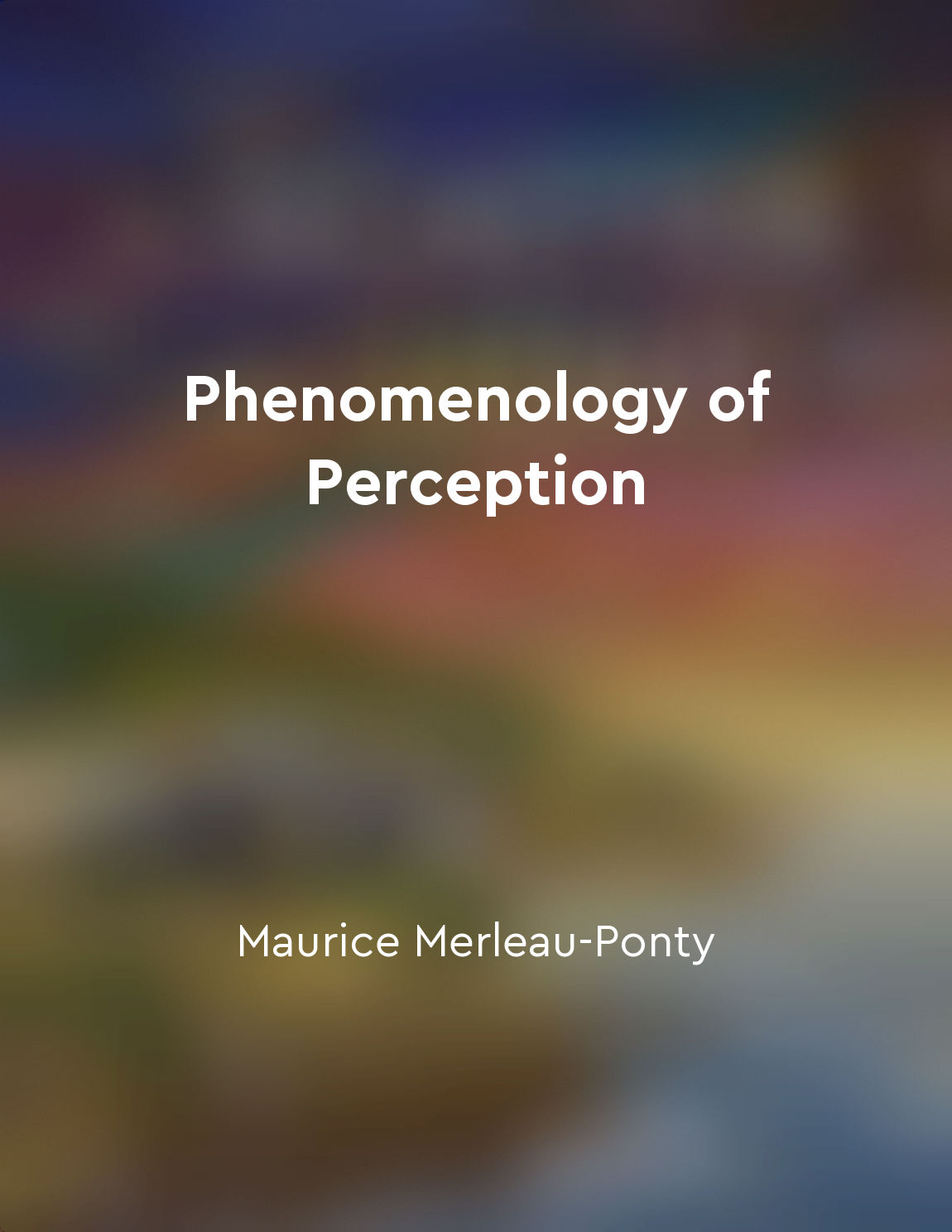Limited vision does not necessarily mean limited perception from "summary" of The Mind's Eye by Oliver Sacks
Oliver Sacks explores the fascinating relationship between vision and perception in "The Mind's Eye." He delves into the idea that limited vision does not equate to limited perception. This concept challenges the conventional belief that impaired vision necessarily diminishes one's ability to perceive the world fully. Sacks presents cases of individuals who have experienced vision loss but have developed heightened perceptual abilities in other sensory modalities. For example, he describes a woman named Lilian who lost her vision but became more attuned to sound, enabling her to create vivid mental images of her surroundings through echolocation. This demonstrates how the brain can adapt to compensate for deficits in one sensory system by enhancing others. Moreover, Sacks discusses...Similar Posts
Multitasking impairs our ability to focus on tasks effectively
The human brain is not designed to effectively handle multiple tasks at once. When we think we are multitasking, what we are ac...

The body is a source of existential depth and richness
The body is not just a physical entity; it is a source of existential depth and richness. It is through our bodies that we expe...

Developing a growth mindset can enhance cognitive flexibility
When we talk about developing a growth mindset, we are essentially referring to the belief that abilities and intelligence can ...
Knowledge is based on experience
According to the philosopher David Hume, knowledge is ultimately derived from our experiences. He posits that our understanding...
Emotions influence brain function
Emotions play a crucial role in shaping our brain function. When we experience emotions, such as fear or joy, our brain respond...
Male and female brains are different
Men and women are different. There, I said it. And I don't mean just physically. I mean inside their skulls. It turns out that ...
Understanding spatial relationships is challenging without sight
Spatial relationships, such as distance, direction, and orientation, are fundamental aspects of our daily lives. For those with...
